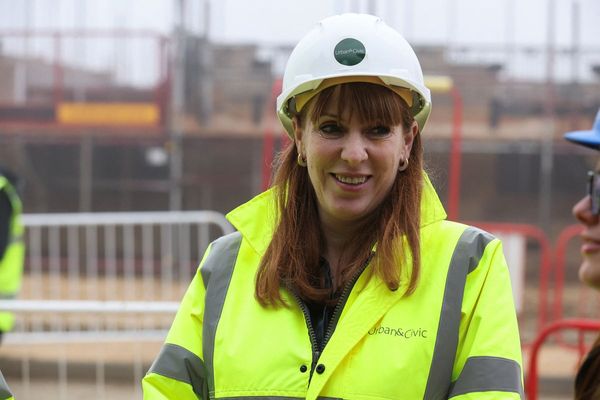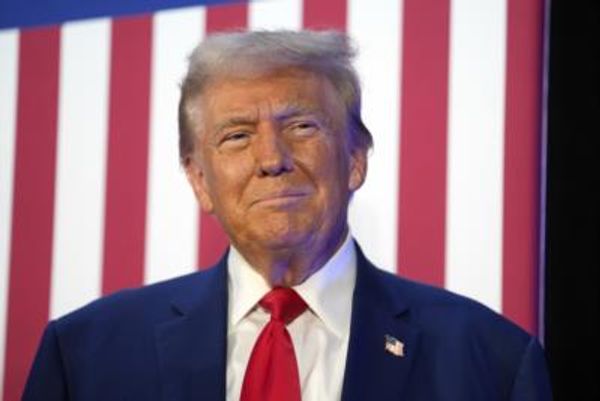Later this week, eight cheetahs from Namibia will depart from the capital Windhoek in a chartered flight and land in Jaipur on Friday. From there they will be transported in a helicopter and, after a 40-minute journey to the Kuno National Park (KNP), will be released on September 17 into a dedicated, ‘quarantine’ enclosure under the watch of Prime Minister Narendra Modi, officials from the Union Environment Ministry said on Monday.
September 17 is Mr. Modi’s birthday and the release of the cheetahs are timed to mark it, Shivraj Chauhan, Chief Minister, Madhya Pradesh said last month.
The cheetahs will initially be in quarantine enclosures for about a month and then moved to 6-square kilometre, ‘predator-proof,’ holding facilities that will also host live prey. It will be a few months before the cheetah are released into the wild.
All the animals will be radio collared and their movements tracked via GPS. Based on current prey estimates, the Kuno National Park can support up to 20 cheetahs and with restoration, protection and management this number can go up to 40 individuals, officials estimate.
Animals present in Kuno that can be potential prey include chital, sambar, nilgai, wild pig, chowsingha, langur, peafowl, hare and feral cattle. Close to 748 square km of forest landscape is available to the cheetah in the national park.
This is part of the plan to help the animals acclimatise to Indian conditions. However, a local obstacle to the cheetah was that the current enclosures in Kuno-Palpur had five leopards all of whom needed to be relocated as it was inadvisable to have the two species coexist during the cheetah’s acclimatisation.
Over time, says the action plan by the Centre, cheetah and leopard populations will be able to coexist. The quest to have cheetahs in India spans more than a decade with the initial plan to translocate Asian cheetahs from Iran not fructifying because there were too few of the species.
India has also finalised an agreement with South Africa to source the animals but this is yet to be signed. A delegation from South Africa visited Kuno from September 6-8 to determine if the park was suitable for cheetahs and it is expected that this lot of animals will arrive in October.







